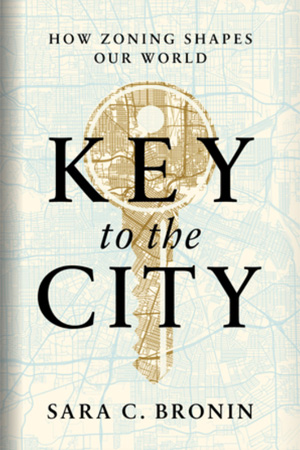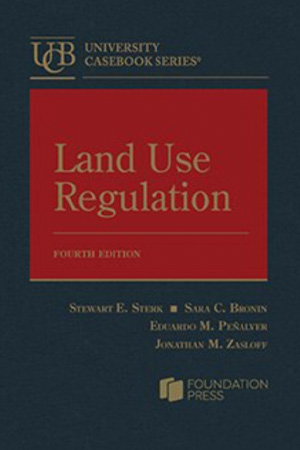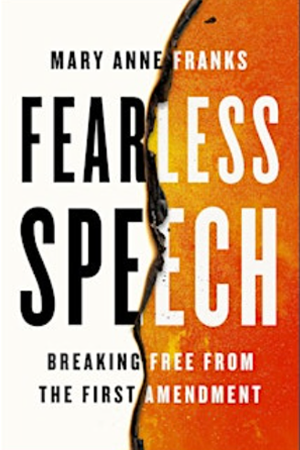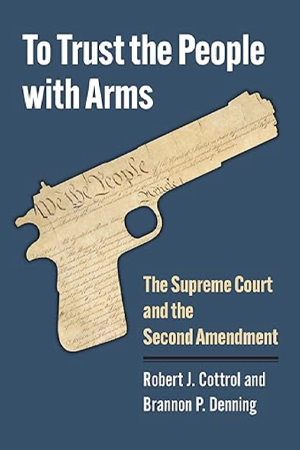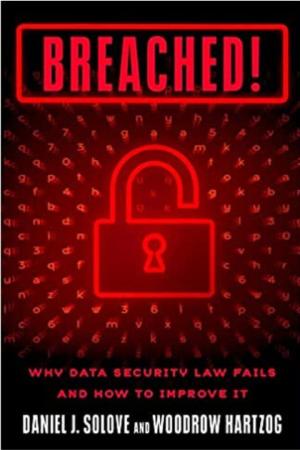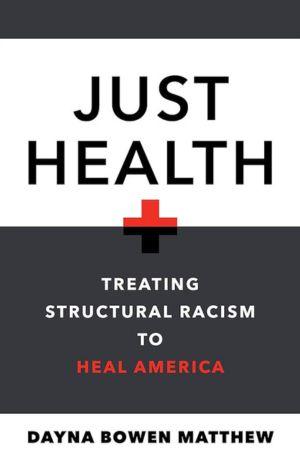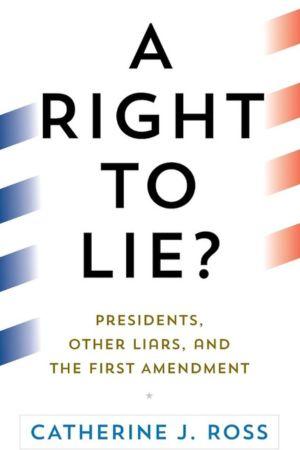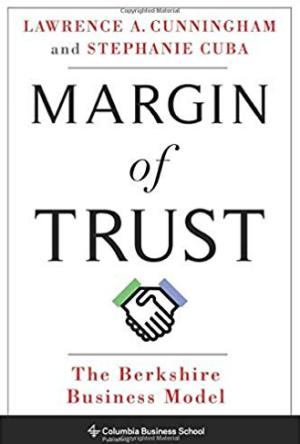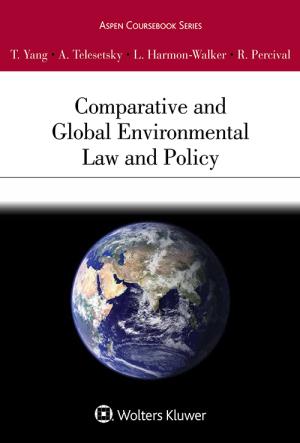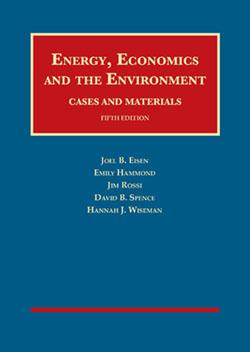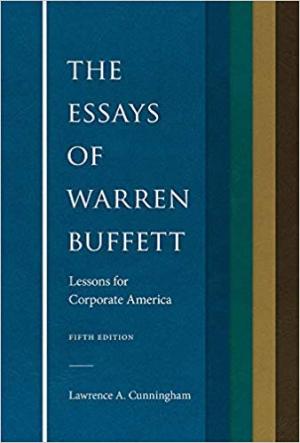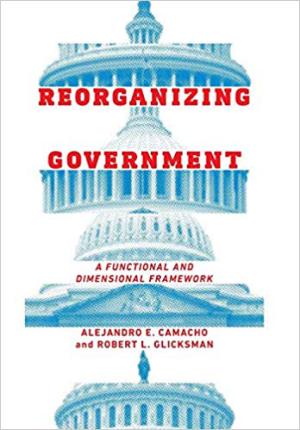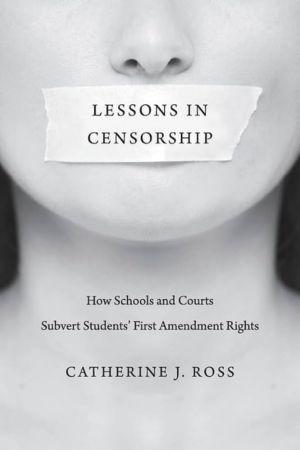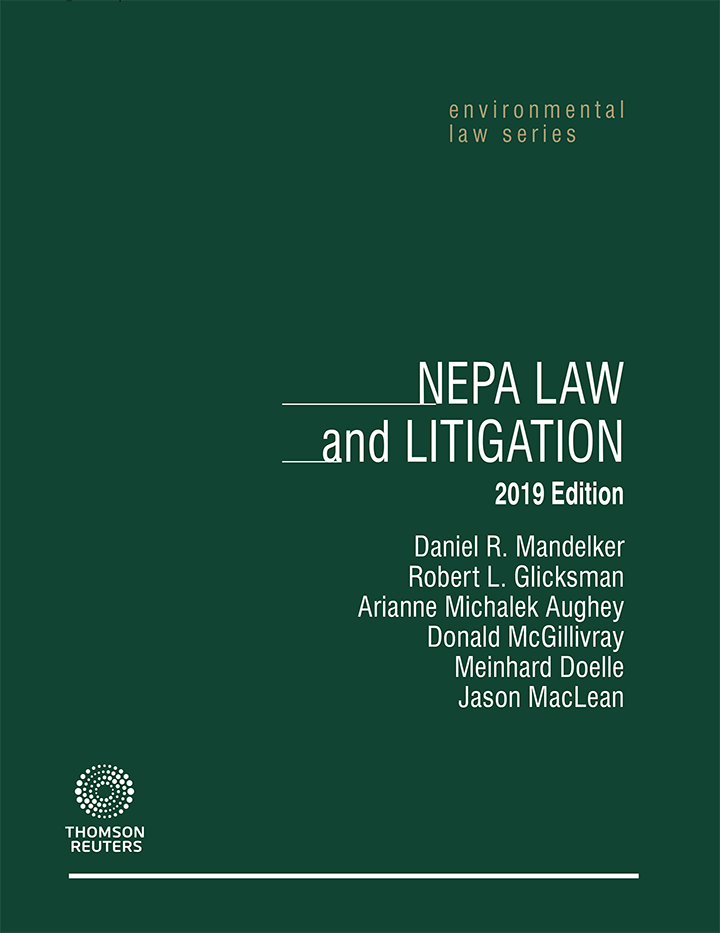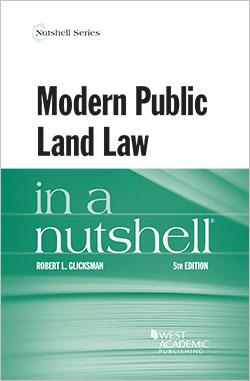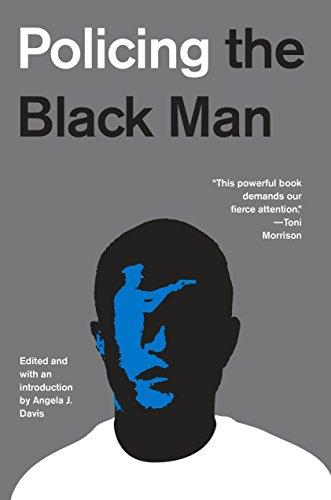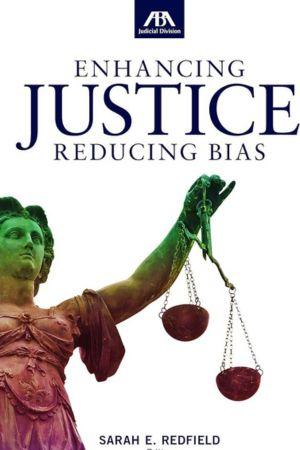Faculty Scholarship
Our faculty are leading scholars and practitioners—experts whose experience and passion for teaching shape the study and practice of law. Our professors are scholars and authors that lead their fields of study and whose scholarship influence and impact the practice and evolution of the law.
Selected Recent Books & Chapters
Key to the City: How Zoning Shapes Our World
Sara C. Bronin
An eye-opening exploration of one of the little-known levers that controls our world—zoning codes—and a call-to-arms for using them to improve American society at every level.
In Key to the City, Sara C. Bronin examines how zoning became so important and reveals its impact on housing, food production, transportation, energy use, nightlife, and beauty. Bronin demystifies the power of this inscrutable organizing force in our lives and invites us to see zoning as a revolutionary vehicle for change. In Key to the City, she puts forward a practical and energizing vision for how we can reimagine our communities.
Land Use Regulation
Stewart E. Sterk, Sara C. Bronin, Eduardo M. Peñalver, Jonathan M. Zasloff
In the fourth edition of Land Use Regulation, Sara C. Bronin and her co-authors offers a concise, user-friendly presentation of land use law which incorporates a focus on critical thinking and practice. In addition to covering key topics of zoning, planning, historic preservation regulation, subdivision ordinances, and more, this casebook integrates graphics and statistic from the National Zoning Atlas, expands treatment of state and local legislation promoting housing, and incorporates recent Supreme Court cases on takings, exactions, and the First Amendment.
Fearless Speech: Breaking Free from the First Amendment
Mary Anne Franks
In Fearless Speech, Dr. Mary Anne Franks emphasizes the distinction between what speech a democratic society should protect and what speech a democratic society should promote. While the First Amendment in theory is politically neutral, in practice it has been legally deployed most visibly and effectively to promote powerful antidemocratic interests: misogyny, racism, religious zealotry, and corporate self-interest, in other words, reckless speech. Instead, Franks argues, we need to focus on fearless speech—speakers who have risked their safety, their reputations, and in some cases their lives, to call out injustice and hold the powerful accountable. Whether it be civil rights leaders, the women of the #MeToo movement, or pro-choice advocates, Franks shows us how their cases and their voices can allow us to promote a more democratic version of free speech.
To Trust the People with Arms
Robert Cottrol
To Trust the People with Arms explores the remarkable and complex legal history of how the right to bear arms was widely accepted during the nation's founding, was near extinction in the late twentieth century, and is now experiencing a rebirth in the Supreme Court in the twenty-first century. Robert J. Cottrol and Brannon P. Denning link the right to bear arms with other major themes in American history. Prompted by the eighteenth-century belief that arms played a vital role in preserving the liberties of the citizen, the Second Amendment met many challenges in the nation's history.
The Pursuit of Happiness: How Classical Writers on Virtue Inspired the Lives of the Founders and Defined America
Jeffrey Rosen
A fascinating examination of what “the pursuit of happiness” meant to our nation’s Founders and how that famous phrase defined their lives and became the foundation of our democracy.
The Declaration of Independence identified “the pursuit of happiness” as one of our unalienable rights, along with life and liberty. Jeffrey Rosen, the president of the National Constitution Center, profiles six of the most influential founders—Benjamin Franklin, George Washington, John Adams, Thomas Jefferson, James Madison, and Alexander Hamilton—to show what pursuing happiness meant in their lives.
Breached!: Why Data Security Law Fails and How to Improve It
Daniel J. Solove
Digital connections permeate our lives and so do data breaches. Given that we must be online for basic communication, finance, healthcare, and more, it is alarming how difficult it is to create rules for securing our personal information. Despite the passage of many data security laws, data breaches are increasing at a record pace. In Breached!, Daniel J. Solove and Woodrow Hartzog, two of the world's leading experts on privacy and data security, argue that the law fails because, ironically, it focuses too much on the breach itself.
Women and International Human Rights in Modern Times: A contemporary Casebook
Rosa Celorio
This casebook provides an overview of the main global and regional legal standards related to the human rights of women, and explores their development and practical application in light of contemporary challenges and advances. It analyzes the nuances of the ongoing problems of discrimination and gender-based violence, in the context of many modern issues such as the COVID-19 pandemic; the MeToo Movement and its aftermath; the growth of non-state actors; environment and climate change; sexual orientation, gender identity, gender expression, and sex characteristics; and the digital world; among others.
Just Health: Treating Structural Racism to Heal America
Dayna Bowen Matthew
Just Health: Treating Structural Racism to Heal America by Dayna Bowen Matthew looks at how the deep structural racism that is embedded in the fabric of American society leads to worse health outcomes and lower life expectancy for people of color. By presenting evidence of discrimination in housing, education, employment, and the criminal justice system, the book shows how racial inequality pervades American society and undermines the health of minority populations, while also providing a clear path forward for overcoming these massive barriers to health and ensuring that everyone has an equal opportunity to be healthy.
A Right to Lie? Presidents, Other Liars, and the First Amendment
Catherine J. Ross
In A Right to Lie?, legal scholar Catherine J. Ross addresses the urgent issue of whether the nation's highest officers, including the president, have a right to lie under the Speech Clause, no matter what damage their falsehoods cause. Does freedom of expression protect even factual falsehoods? If so, are lies by candidates and public officials protected? And is there a constitutional path, without violating the First Amendment, to stop a president whose persistent lies endanger our lives and our democracy?
Margin of Trust: The Berkshire Business Model
Lawrence A. Cunningham and Stephanie Cuba
Warren Buffett and his company, Berkshire Hathaway, are legendary for their distinctive investing approach. Yet many equally unconventional but less well-known aspects of Berkshire’s managerial practices and organizational structure are rich with lessons for those seeking to follow in Buffett’s footsteps. In the first book to distill Buffet's approach to management and corporate life, Professor Lawrence A. Cunningham and Stephanie Cuba develop a new account of how Berkshire Hathaway works, showing that the key to its success is trust.
Comparative and Global Environmental Law and Policy
Tseming Yang, Anastasia Telesetsky, Lin Harmon-Walker, and Robert V. Percival
Lin Harmon-Walker, Visiting Associate Professor of Law and Interim Director of the Environmental and Energy Law Program, and other leading legal experts offer a student-friendly approach to the study of a rapidly evolving area of law in Comparative and Global Environmental Law and Policy. Its multi-jurisdictional selection of judicial opinions and legal materials introduces students to the worldwide reach of environmental law.
Conversations with RBG: Ruth Bader Ginsburg on Life, Love, Liberty, and Law
Jeffrey Rosen
In her own words, Supreme Court Justice Ruth Bader Ginsburg offers an intimate look at her life and career, through a series of conversations with Professor Jeffrey Rosen. This book presents a unique portrait of Justice Ginsburg, drawing on more than 20 years of conversations with Professor Rosen, starting in the 1990s and continuing through the Trump era.
Energy, Economics, and the Environment
Emily Hammond, Joel B. Eisen, Jim Rossi, David B. Spence, and Hannah J. Wiseman
The fifth edition of Energy, Economics and the Environment, Associate Dean Emily Hammond and their co-authors focus on the unifying characteristics of energy law, while also emphasizing its connections to environmental and economic issues affecting energy industries. The casebook covers the full range of energy resources, as well as an in-depth examination of issues related to electric power.
The Essays of Warren Buffet: Lessons for Corporate America
Lawrence A. Cunningham
In the fifth edition of The Essays of Warren Buffet: Lessons for Corporate America, Professor Lawrence A. Cunningham arranges Mr. Buffet's writings as thematic essays, presenting a synthesis of the overall business and investment philosophy of the famed investor. New and experienced readers alike will gain an invaluable informal education by perusing this classic arrangement of Mr. Buffett's best writings.
Reorganizing Government: A Functional and Dimensional Framework
Robert L. Glicksman and Alejandro Camacho
In their new book, Alejandro Camacho and GW Law Professor Robert L. Glicksman explain why government regulation is frequently less successful than it could be. The authors explain how past approaches to creating new regulatory programs or mending under-performing ones have failed to appreciate the full diversity of alternative approaches to organizing governmental authority.
Louis D. Brandeis: American Prophet (Jewish Lives)
Jeffrey Rosen
Just more than 100 years ago on June 1, 1916, Louis D. Brandeis was confirmed to the Supreme Court of the United States. In his book, Professor Jeffrey Rosen takes a look at the man he calls the most prescient constitutional philosopher of the twentieth century.
Lessons in Censorship: How Schools and Courts Subvert Students’ First Amendment Rights
Catherine J. Ross
Professor Catherine J. Ross explores how court rulings affect the speech rights of students in America’s public schools. She examines how well-intentioned efforts to combat bullying and hate speech may violate students' constitutional rights and proposes ways to protect free speech without disrupting education.
Homeward Bound: Modern Families, Elder Care and Loss
Naomi R. Cahn and Amy Ziettlow
In their new book, Amy Ziettlow and GW Law Professor Naomi R. Cahn present insights into how divorce, single-parenthood, and remarriage have changed the face of end-of-life care in the 21st Century, and how social and professional support can adapt to the needs of today's families.
NEPA Law and Litigation
Robert L. Glicksman
Considered by many to be the top National Environmental Policy Act (NEPA) resource, and cited as an authority by a unanimous Supreme Court in the Methow Valley decision, Professor Robert L. Glicksman and his co-authors' 2019 edition of the NEPA Law and Litigation treatise provides expert guidance on the latest legislative, regulatory, and caselaw developments interpreting NEPA.
The Law of Nations and the United States Constitution
Bradford R. Clark and Anthony J. Bellia, Jr.
In their new book, Anthony J. Bellia, Jr. and GW Law Professor Bradford R. Clark offer a new lens through which anyone interested in constitutional governance in the United States should analyze the role and status of customary international law in U.S. courts. The book explains that the law of nations has not interacted with the Constitution in any single overarching way.
International Law Relating to Islands
Sean D. Murphy
This monograph by Professor Sean D. Murphy considers the application of general rules of international law to islands, as well as special rules focused on islands, notably Article 121 of the UN Convention on the Law of the Sea. Such rules have been applied in several landmark cases in recent years, including the International Court of Justice's judgments in Territorial and Maritime Dispute (Nicaragua v. Colombia), and arbitral awards in the Chagos Marine Protected Area Arbitration (Mauritius v. United Kingdom) and the South China Sea Arbitration (Philippines v. China).
Modern Public Land Law in a Nutshell
Robert L. Glicksman
In the fifth edition of Modern Public Land Law in a Nutshell, Professor Robert L. Glicksman analyzes all significant aspects of the federal government's management of lands and resources, focusing on the national parks, forests, wildlife refuges, and the remaining public lands. The book provides a brief historical overview of public land law in the United States and analyzes the constitutional basis for ownership and regulation of federal lands and natural resources.
Taxation and Development: A Comparative Study
Karen B. Brown
Edited by Professor Karen B. Brown, this book examines the effect of the fundamental values of the world’s major tax systems in accommodating incentives for economic growth and development in low-income nations.
Comparative Administrative Law
Laura A. Dickinson
"Organizational Structure, Institutional Culture and Norm Compliance in an Era of Privatization: The Case of US Military Contractors"
Featuring a chapter by Professor Laura A. Dickinson, this research handbook is a comprehensive overview of the field of comparative administrative law.
Policing the Black Man: Arrest, Prosecution, and Imprisonment
Roger A. Fairfax, Jr.
"The Grand Jury and Police Violence Against Black Men"
A comprehensive analysis of the key issues of the Black Lives Matter movement, this thought-provoking anthology features a chapter by Senior Associate Dean Roger A. Fairfax, Jr., who tries to make sense of grand juries that rarely, if ever, bring indictments against police officers in cases of violence against black men.
Enhancing Justice: Reducing Bias
Cynthia Lee
"Awareness as a First Step Toward Overcoming Implicit Bias"
Featuring a chapter by Professor Cynthia Lee, this book focuses on different approaches that courts can use to lessen the impact of implicit bias by "breaking the bias habit."


